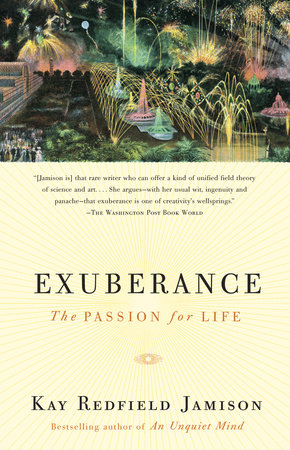QUOTE

The real purpose of the scientific method is to make sure nature hasn’t misled you into thinking you know something you actually don’t know.
Robert M. Pirsig (1928–2017) was an American author and professor. Pirsig was best known for his book Zen and the Art of Motorcycle Maintenance, a contemporary philosophical meditation on how to live.












